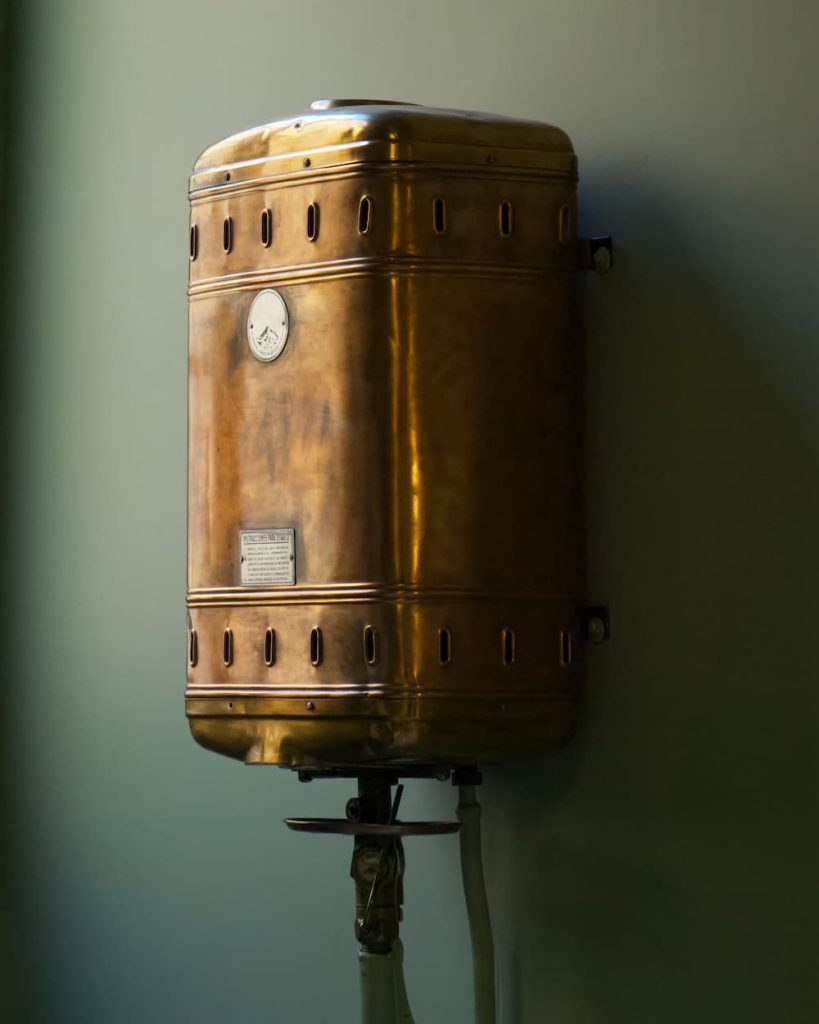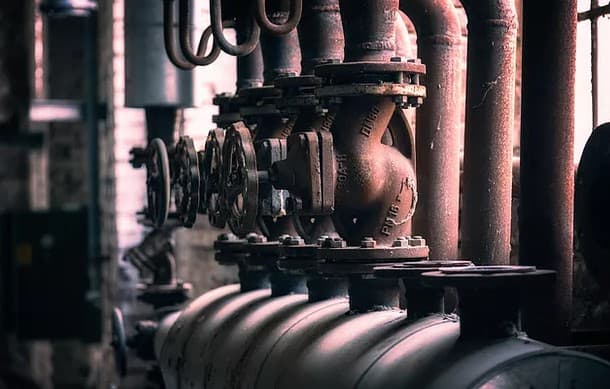4 Tips For Cutting The Cost Of Your Water Heater
Costs can build up in all areas of the household, and the cost to maintain your water heater isn’t an exception. But it’s important to know that you can save money if you use energy-efficient components.
If we look at the industrial use of the water heater, the maintenance cost would be even more harmful to your wallet. Let’s check the tips below to see how to save your budgets now!
In this article:
Servicing your boiler regularly
It’s recommended that you service your boiler at least once a year to help you prevent and avoid those pesky faults and breakdowns.
Breakdowns and replacements can be costly, so avoiding these high costs whilst increasing the safety of those around you brings big benefits.

Servicing your boiler can also cut your energy bills. Sometimes, adding a good thermostat can also tighten your belt. You’ll be able to catch any potential problems early on to avoid serious problems and keep repair costs down in the long run.
Related: 4 Benefits Of Hiring Home Heating System Installers in Winchester VA
Preventative boiler maintenance
Preventative boiler maintenance will help you cut down unnecessary costs. For example, it will prevent the overuse of fuel: if everything is running efficiently, the machine won’t use up more fuel than it needs to. Furthermore, this action will reduce those risky safety hazards.
A routine maintenance check can reduce the risk of a fire or build-up of carbon monoxide by ensuring that components are clean, ventilated, and in working order. You can start doing preventative boiler maintenance by monitoring and managing the water quality.
The bad water quality you used for your boiler can burn a hole in your pocket. Please check the next paragraph. As you can see, it is a huge and yet essential benefit since this type of maintenance could potentially save lives.
Related: 10 DIY Tips to Help You Maintain Your Boiler At Home
You can save maintenance fees on your hot water boiler

A water boiler functions to heat and store water. The boiler is usually connected to the central heating system. Both water heaters and boilers can sometimes have problems with limescale build-up when these temperatures get high.
If heating bundles function more efficiently, more energy will be saved within the process. Consumers might notice the substantial savings since shockingly, even only one millimetre of limescale build-up at the surface of a heating bundle or heat exchanger can reduce heat transfer by a whopping 14%.
This demonstrates how inefficient limescale can make heating appliances, meaning that water treatment is often essential.
New technologies are being developed to stop the scale from settling, being installed at the water feed line, and resulting in the limescale being dissolved in water before the deposits are rinsed out with the water.
This is much less effort than the decalcifying method, in which consumers have to put in a lot of effort and money to dismantle components, remove the heating bundle, and clean the components with chemicals before putting everything back together again.
It has always been good to know about different technologies that can help you to save your maintenance fees on your hot water boiler.
Boiler logs
Boiler logs are essential in maintaining your machinery, allowing consumers and experts to know what they are working with.
Readings of maintenance activity and daily operational logs with monthly and even daily checks can highlight any irregularities quickly so that you can act on them quickly.
After all, with scale build-up, potential hazards, and even breakdowns, readings must be taken and inspected to prevent poor maintenance and treatment.
Summary
Therefore, there are many different ways to start cutting the costs of your water heater, with most being pretty simple to carry out. If you’re worried about your budget or generally want to save energy, taking the above tips on board is a good start.
Just keep in mind that check different kinds of technologies can effectively save you a lot of effort and energy bills.

